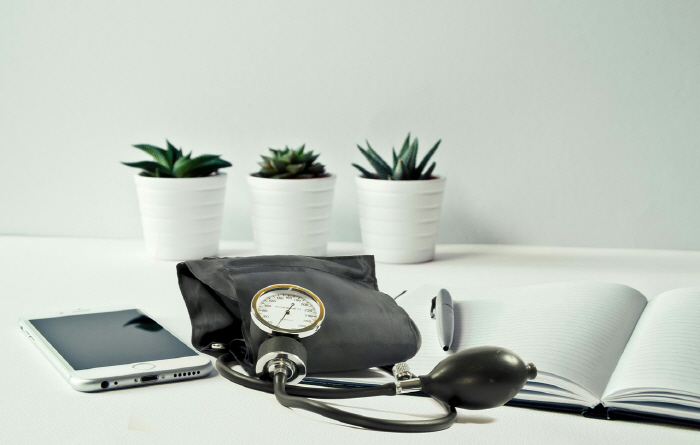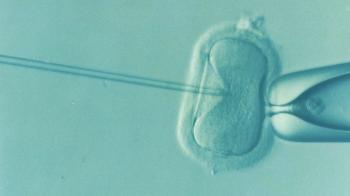Campaign to prevent gestational hypertension ahead of World Hypertension Day on May 17th...What is the proper blood pressure during pregnancy?
May 12, 2025
|
Hypertension is defined by the World Health Organization (WHO) as a major risk factor for coronary artery disease, ischemic and hemorrhagic cerebrovascular disease. Since there are no usual symptoms, it is easy to overlook the severity and the importance of management. According to the WHO's World Blood Pressure Report, half of hypertensive patients worldwide are unaware of their condition, and only about 1 in 5 patients control their blood pressure. In Korea, more than half of patients are considered a model country for managing hypertension effectively controlling blood pressure, but the low recognition rate of hypertension among young people is pointed out as a problem. According to the Korea Centers for Disease Control and Prevention, the overall recognition rate of hypertension from 2019 to 2021 is high at 71.2%, but the recognition rate of young people is low at 19.3% (19-29 years old) and 24.8% (30-39 years old) compared to those aged 70 or older (87.1%).
Among them, high blood pressure experienced by young women can cause preeclampsia (pregnancy poisoning), stroke, and organ damage to mothers, and also affects the health and life of the fetus, such as low birth weight, premature birth, and early placenta detachment.
In this regard, the Korea Centers for Disease Control and Prevention will focus on promoting this year's campaign as pregnant women and conduct on-site campaigns such as blood pressure measurement and health counseling for pregnant women.
Normal blood pressure during pregnancy is less than 140 mmHg systolic and 90 mmHg diastolic. If it exceeds this, it is diagnosed as gestational hypertension. The typical criteria for hypertension are systolic 120 mmHg and diastolic 80 mmHg. The causes of high blood pressure during pregnancy include first pregnancy, aged 35 or older, obesity or diabetes, chronic hypertension history, and family history.
To manage blood pressure during pregnancy, it is recommended to measure your blood pressure regularly, and maintain an appropriate weight through balanced meals and exercise. In addition, women who suffer from gestational hypertension have an increased risk of high blood pressure or cardiovascular disease in the future, so regular management is required even after childbirth.
Ji Young-mi, Director of the Korea Centers for Disease Control and Prevention, said, `We plan to revise and distribute the prevention and control rules for hypertension, expand the registration education center for hypertension and diabetes, and strengthen integrated management of hypertension patients with diabetes and dyslipidemia in the future.'
This article was translated by Naver AI translator.














